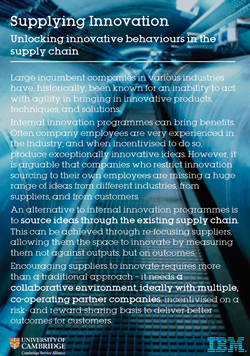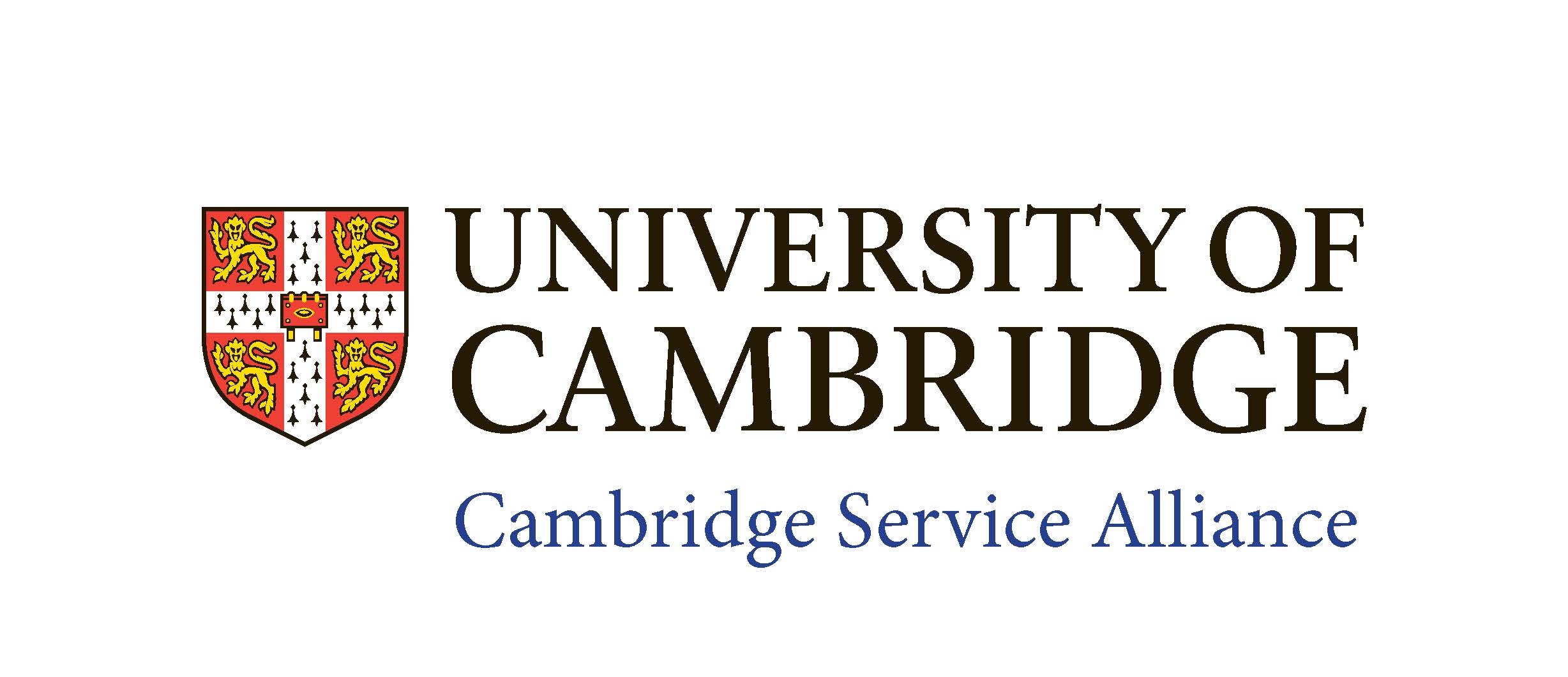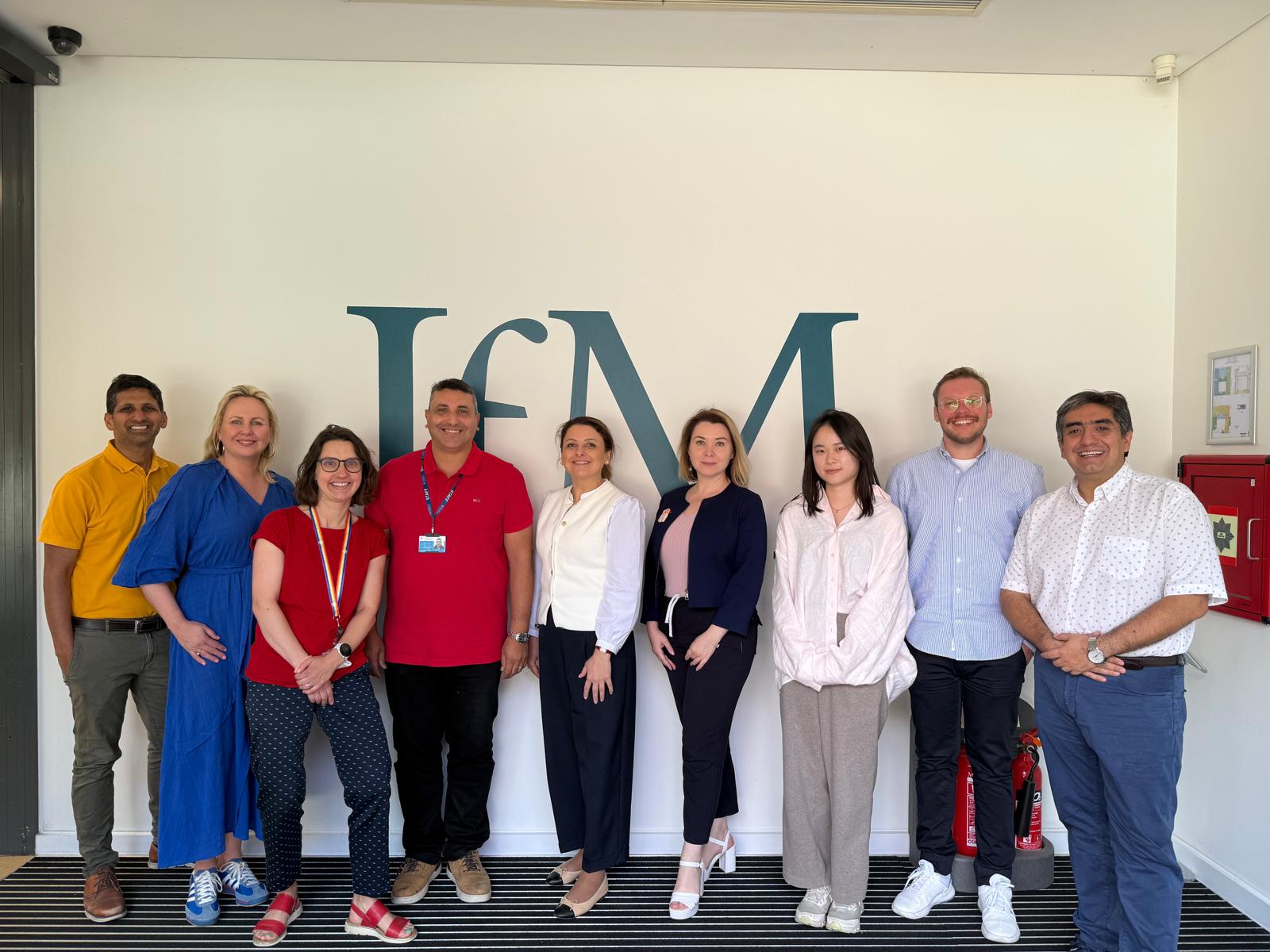
Submitted by Angela Walters on Wed, 13/04/2016 - 12:31
Interview with author, Jinchen Hou, on the white paper 'Supplying Innovation: unlocking innovative behaviours in the supply chain', co-authored with IBM.
In a new Cambridge Service Alliance podcast, PhD Candidate, Jingchen Hou, outlines how supply chains with numerous partners can build alliances to bring about new innovations for firms. Trust and collaboration are key words to enable these innovative behaviours to thrive and prosper and all the partners need to be included. 'Supplying Innovation, unlocking innovative behaviours in the supply chain', is co-authored by Jingchen Hou, with three senior IBM managers Keith Wishart, Jonathan Baker-Brian and Claire Vine and challenges the conventional concept that innovation comes from within a company.
Jingchen Hou, Cambridge Service Alliance
'An alternative to internal innovation programmes is to source ideas through the existing supply chain,” say the authors. They explored how OFWAT, The Office for Water Regulation, is directing the water industry in the UK to move from an output focused business model to an outcome one.
In the podcast Jingchen Hou speaks of the need for complex organisations to foster closer relationships with their suppliers, adopting an innovative alliance approach.
Commenting on who has the responsibility for innovations Ms Hou has said: 'Every supplier in the supply chain has responsibility for innovation, it is not only the several tiers of suppliers but also the client company that has that responsibility. It may not be the traditional suppliers who are capable of thinking up new concepts so nobody must be excluded.'
She goes on to say that contractors must ensure appropriate innovative behaviours: 'The boundaries between capital expenditure and operational expenditure are fading away. The focus is total expenditure and that comes about because of the shift from output to outcome-based solutions for firms. If you want to deliver an outcome there are many solutions you can choose, some will require capital expenditure and some are operational solutions but this may require challenging traditional behaviours. You need a risk and reward sharing mechanism, dealing with how rewards should be shared among partners based on their contributions and how the risk can be shared among partners. You also need to be able to measure these outcomes to the end customers with KPIs alongside a benefit realisation framework that will help to solve any potential conflicts on the return on investment and the outcomes to be delivered to the end customers.'
The report goes on to identify four crucial points of action that enable and encourage collaboration. These are: define the strategic objectives; create a positive organisational culture; engendering trust; strong, consistent, educational communications.
 Ms Hou said, building up trust between suppliers and fostering closer collaborations will help to create innovative behaviours and information sharing. She emphasised: 'These organisations have complex backgrounds so only if they have trust can they begin to share their knowledge and share their expertise and capabilities, in order that they don’t behave defensively or aggressively. Trust will enable them to share their data and information. Collaborations need to have clear strategic objectives so that these objectives can be achieved, together with partners, and passed down in the alliance to influence the behaviours. Communication is also important - it needs to be consistent and clear so that people understand the concepts. People should build the internal culture in the alliance because partners will come from different backgrounds and industries and they will have their own organisational cultures. If you can take the best of what is on offer and form a collaborative and innovative organisational culture in the chosen strategic alliance it will help foster innovation and innovative behaviours which is good.'
Ms Hou said, building up trust between suppliers and fostering closer collaborations will help to create innovative behaviours and information sharing. She emphasised: 'These organisations have complex backgrounds so only if they have trust can they begin to share their knowledge and share their expertise and capabilities, in order that they don’t behave defensively or aggressively. Trust will enable them to share their data and information. Collaborations need to have clear strategic objectives so that these objectives can be achieved, together with partners, and passed down in the alliance to influence the behaviours. Communication is also important - it needs to be consistent and clear so that people understand the concepts. People should build the internal culture in the alliance because partners will come from different backgrounds and industries and they will have their own organisational cultures. If you can take the best of what is on offer and form a collaborative and innovative organisational culture in the chosen strategic alliance it will help foster innovation and innovative behaviours which is good.'
The report concludes by saying: 'A collaborative environment should lead to genuine industry leading, cross company, innovation, combining talents from multiple partners. It is expected that the innovative approaches will help companies to more easily meet regulators’ expectations. There are real challenges and barriers'.
'Supplying Innovation, unlocking innovative behaviours in the supply chain' by Jingchen Hou, PhD Candidate, University of Cambridge with Keith Wishart, Associate Partner, Energy and Utilities, IBM global Business Services UK and Ireland; Jonathan Baker-Brian Senior Consultant, Energy and Utilities, IBM Global Business Services UK and Ireland and Claire Vine, Senior Managing Consultant, Advanced Analytics and Optimisation, IBM Global Business Services UK and Ireland.



